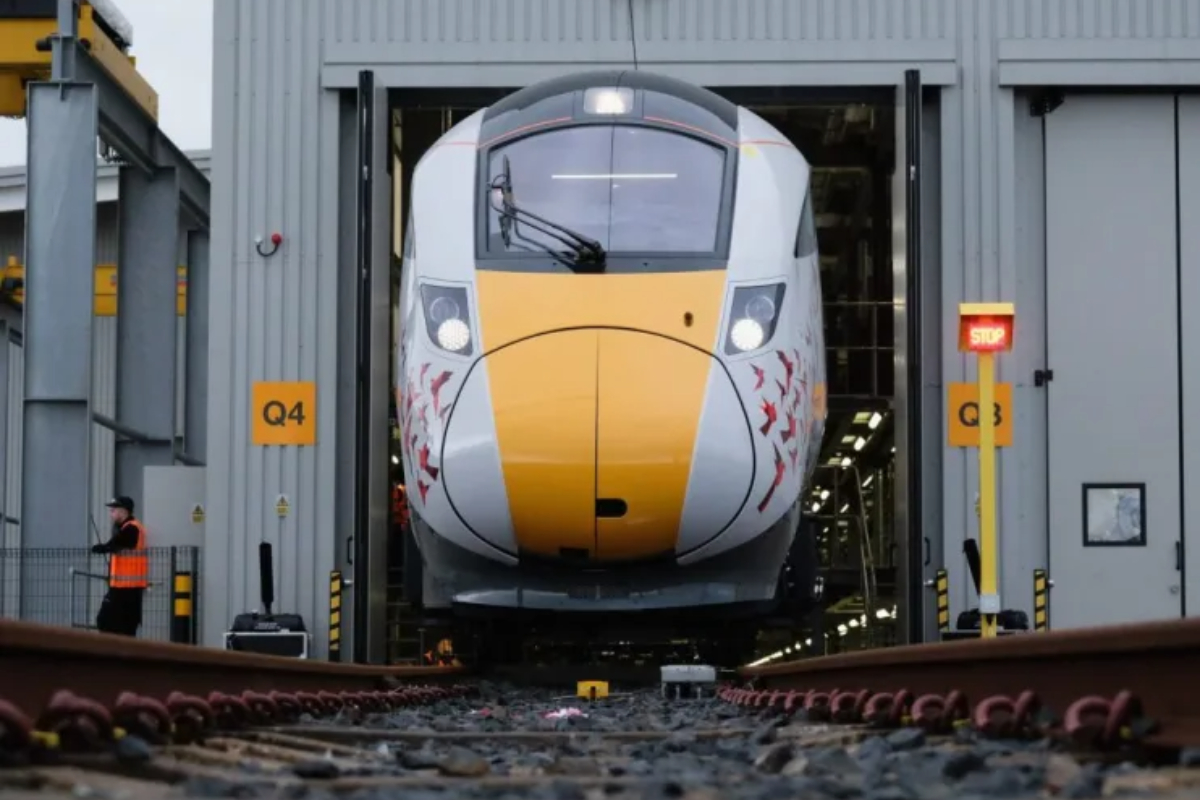- The RMT union has announced further strike dates. More than 40,000 RMT members are anticipated to participate.
- Strikes will take place during four 48-hour intervals on December 13–14, December 16–17, and January 3–4 and January 6–7.
The RMT union has announced further strike dates, which will cause more disruption for rail customers.
The strikes will take place during four 48-hour intervals on December 13–14, December 16–17, and January 3–4 and January 6–7.
The strikes, according to RMT general secretary Mick Lynch, will “clearly communicate” that employees want a better deal on pay and working conditions.
Last Monday, a vote among its members at Network Rail and 14 railway companies supported additional industrial action.
The union’s leaders had a meeting on Tuesday to decide on the newest dates, and more than 40,000 RMT members are anticipated to participate, the organization said.
The RMT announced that from December 18 to January 2, there would also be an overtime ban, making the union’s overall strike period four weeks long.
The strikes may cause delays for travelers travelling in the weeks leading up to Christmas and to events like Peter Kay’s comedy shows in London on December 16 and 17 and Paolo Nutini’s concerts in Glasgow on December 13, 14, and 16.
In a related development, the Aslef union, which represents drivers, has already declared it will go on another strike in protest over wages on November 26. Twelve train companies are impacted.
When will there be a train strike next?
The RMT union issued a statement that read, “During this most recent phase of action, we urge you to direct your anger and fury onto the government and railway employers. We apologies for any trouble this may cause the public.”
RMT claimed that despite the union having suspended prior strike action, Network Rail, which manages the railroads throughout Britain, had failed to make a better offer during the most recent two weeks of negotiations.
The government was also charged with “actively meddling” with negotiations for a settlement.
The spokesman for the prime minister criticized the unions taking part in the strikes, stating that they were hurting the economy and making it difficult for hardworking people to get to work, hospital appointments, and school.
“I think everyone is well aware of the serious financial challenges the rail industry faces following the pandemic and the need for reform.”





















